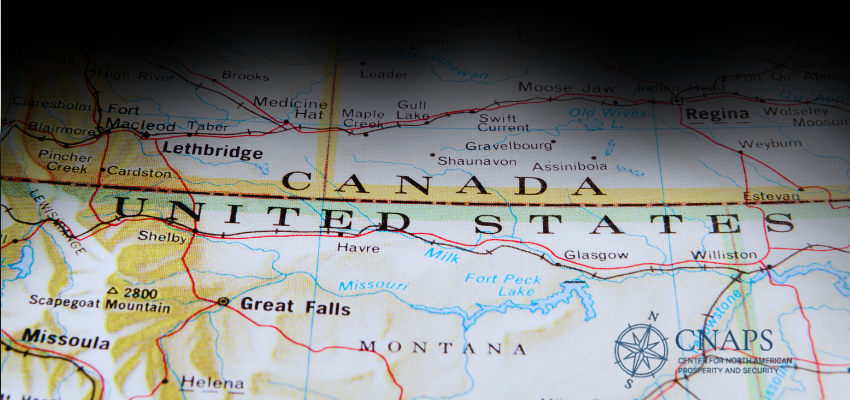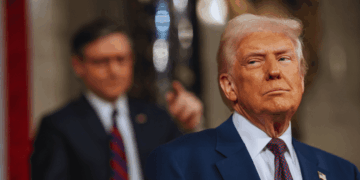This article originally appeared in Newsweek.
By Casey Babb, October 1, 2024
People often think of Canadians as overly polite, and as a people with a predilection for saying “sorry” too much. But what about Canadian-grown terrorism, extremism, or antisemitism?
Since the terrorist attacks in Israel on Oct. 7, Canada has become a hotbed of radicalization, fanaticism, and jihadism. As un-Canadian as it sounds, Canada has a terrorism crisis on its hands and that should worry the United States for a whole host of reasons.
Acts of radical Islamic terrorism in Canada are not a new phenomenon. Examples include, the al-Qaeda-inspired “Toronto 18” plot in 2006, the planned attack of Canada’s national railway service in 2013, the shootings on Parliament Hill in 2014, and a foiled ISIS-inspired attack in 2016, among others. All told, Canada has experienced its fair share of jihadist activities, but things are getting worse—a hell of a lot worse—and fast.
In the last 11 months there have been at least eight Islamic terrorism-related incidents in Canada or that involved Canadians abroad. These include—a father-son duo planning a violent attack in Toronto, two Ottawa youths plotting to attack the city’s Jewish community, and the arrest of a Pakistani man studying in Toronto planning an ISIS-inspired attack against Jews in New York.
These and other major incidents—many of which Canadian authorities thwarted with information provided by U.S. intelligence—are in addition to shootings of Jewish day-schools, synagogues being burned, routine public calls for violence against “Zionists,” openly antisemitic rhetoric at pro-Palestinian rallies, and other dangerous acts targeting the country’s Jewish population. B’nai Brith, a Jewish advocacy organization based in Toronto, logged nearly 6,000 incidents of antisemitism between Jan. 1, 2023, and Dec. 31 of 2023.
Canada’s antisemitic terrorism crisis should solidify the fact that Canada is a national security risk to the U.S.
A 2023 report by the International Coalition Against Illicit Economies, a Washington, D.C.-based non-governmental organization led by former U.S. national security officials, suggested that Canada has become a “safe zone” for global criminal networks—including terrorist groups.
Iran, for example, which effectively commands and controls the world’s deadliest terrorist organizations, including Hamas, Hezbollah, and the Houthis, is perhaps more active in Canada than in any other country in the world outside of the Middle East. Prominent Iranian American journalist Masih Alinejad has stated publicly that the FBI told her to avoid all travel to Canada.
Others, like Gabriel Noronha, who served as special advisor on Iran to the U.S. State Department from 2019 to 2021, stated that Iran’s presence in Canada is “far, far worse than you can imagine.” It’s even been reported that the Iranian regime was behind at least one of the campus protests in Canada during the last academic school year.
In sum, the world’s most significant state sponsor of terrorism is clearly using Canada as a base of operation in the West.
Ultimately, the U.S. can’t afford to ignore the growing Islamic terror threat amassing on its northern border. As is too often the case, making substantial changes to improve Canada’s national security may require a stern warning from our southern neighbors and closest ally.
Without a not so gentle nudge from America, Canada’s little-known extremism crisis will worsen—something neither Ottawa nor Washington can afford.
Casey Babb is a senior fellow at the Macdonald-Laurier Institute’s Center for North American Prosperity and Security, a fellow with the Institute for National Security Studies in Tel Aviv, an associate fellow with the Royal United Services Institute in London, and an advisor with Secure Canada in Toronto.








